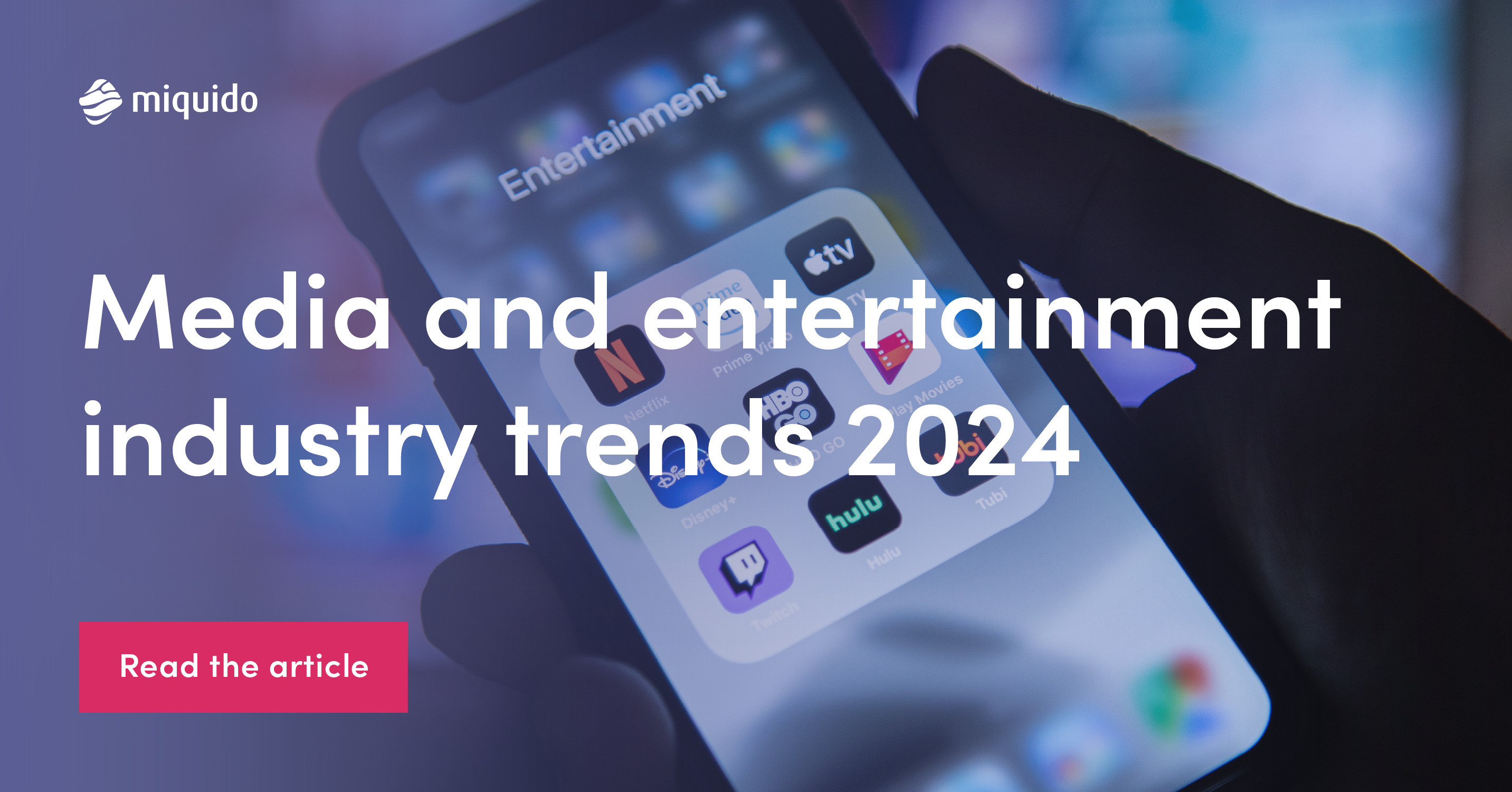Click Info Track: Your Daily Dose of Insights
Stay updated with the latest trends and information across various topics.
From Chill to Thrill: The New Faces of Reality TV
Explore the evolution of reality TV as fresh faces bring excitement! Discover the series redefining entertainment and captivating audiences anew.
Exploring the Evolution of Reality TV: From Chill to Thrill
The evolution of reality TV has been nothing short of fascinating, tracing its journey from laid-back, observational formats to high-stakes, drama-filled spectacles. In the early days, shows like ‘The Real World’ and ‘Survivor’ introduced audiences to real people living their lives, often in unique settings. These programs captivated viewers with their genuine interactions and unscripted moments, setting the foundation for the genre. However, as the appetite for entertainment grew, producers began to ramp up the thrill, incorporating twists, challenges, and heightened conflicts to keep audiences on the edge of their seats.
As we delve deeper into the thrill aspect of reality television, we see a shift in programming that emphasizes competition, dramatic storylines, and sensationalism. Series like ‘The Bachelor’ and ‘Keeping Up with the Kardashians’ transformed the landscape, showcasing more elaborate production values and scripted elements that blurred the lines between reality and fiction. This evolution has not only altered how stories are told, but also how audiences engage with these shows, often becoming invested in the lives and dramas of the participants. As reality TV continues to evolve, it will be interesting to see how future formats balance authenticity with entertainment.

Meet the Game-Changing Stars Redefining Reality Television
In recent years, reality television has undergone a remarkable transformation, thanks in part to a new generation of stars who are redefining the genre. These game-changing personalities bring a fresh perspective and authenticity that resonates with audiences, elevating the traditional formats into compelling narratives. From the fierce competition of talent shows like 'The Voice' to the heartwarming stories showcased in shows like 'Queer Eye,' these individuals are not just participants; they are cultural influencers, shaping conversations around identity, success, and resilience.
Amongst these trailblazers are figures such as Briana DeJesus from 'Teen Mom 2', who has been lauded for her candid discussions about motherhood and mental health, and David Dobrik, whose unique blend of humor and relatability on YouTube has transcended platforms. These stars are not only entertaining viewers but also challenging societal norms and expectations. Their impact signifies a shift towards more meaningful and diverse representation in reality television, inviting audiences to engage with content that goes beyond mere entertainment.
What Makes Reality TV So Captivating? Insights from the New Wave of Shows
Reality TV has transformed the landscape of entertainment, drawing in millions of viewers with its unique blend of drama, comedy, and unscripted moments. This genre captivates audiences by presenting the everyday lives of participants, allowing viewers to feel connected to the individuals on their screens. Shows like 'The Real World' and 'Survivor' introduced audiences to relatable conflicts and emotional highs, paving the way for a new wave of reality programming that explores deeper narratives and personal journeys. The simplicity of real-life scenarios, infused with the unpredictability of human behavior, keeps viewers glued to their screens, eager to witness the spontaneous developments that arise each episode.
Furthermore, the latest reality shows have excelled in turning ordinary individuals into cultural phenomena. As social media and digital platforms gain popularity, fans have the opportunity to engage with their favorite contestants in real-time, enhancing their investment in the outcome of each series. The advent of shows like 'The Circle' and 'Love Is Blind' emphasizes this trend, where the fusion of social dynamics and competitive elements generates buzz and discussions both online and offline. This **immersive** experience not only captivates viewers but also promotes a sense of community among fans, making reality TV an enduring and ever-evolving facet of modern entertainment.